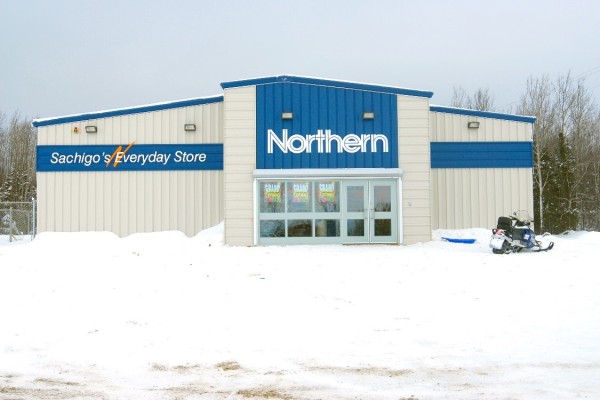-

Convenience at a cost: Online food delivery apps are doing more harm than good
In our fast-paced, consumer culture, it may seem like ordering lunch and dinner several times a week, paying a premium for a personal grocery shopper, or having a meal-prep kit delivered to our doors is a savvy, efficient way to make room for tasks deemed more important. But whom do these more important tasks benefit?
-

How will Canada deal with new Mexican president Claudia Sheinbaum?
How will Canada deal with Mexico’s new president? As long as she continues the Fourth Transformation, argues CD columnist Owen Schalk, readers can surely guess what Canada will do: apply diplomatic and legal pressure against the Mexican government on behalf of Canadian capital. These are measures Ottawa usually takes against progressive governments in Latin America.
-

The food police
Food theft isn’t an indicator of criminality, but of a failing social system that creates the conditions to leave individuals with no alternatives. Police in our grocery stores shouldn’t signal a need to crack down on food theft, but rather inspire questioning about why police are in our grocery stores in the first place, and what can be done to get them out.
-

The Charlebois Shuffle
Like Jordan Peterson in his prime, Sylvain Charlebois will walk back his most outrageous suggestions by claiming he was just asking questions, accusing anyone who inferred otherwise of misinterpreting him. Making bold claims and then backing away from them by feigning neutrality as a dispassionate observer is what I call the “Charlebois Shuffle.”
-

The settler colonial origins of food insecurity in Canada’s North
While many Canadians have felt the pinch of inflation, northern Canada’s grocery prices have always been extreme. The exorbitant cost of food on the North is thought to be a naturally occurring phenomenon blamed on free-market forces, but authors Kristin Burnett and Travis Hay argue that it is the direct result of government policies and corporate monopolies.
-
_600_400_90_s_c1.jpg)
On the Amazon, Lula tries to undo Bolsonaro’s destructive legacy
Lula’s efforts to repair the environmental damages done by the Bolsonaro administration have gotten off to a slow start, but progress has undoubtedly been made in the repairing of the governmental agencies that will play a role in reining in deforestation. Will Lula succeed at mending the immense harms that his predecessor inflicted?
-

Venezuela’s Seed Law should be a global model
The imposition of patented transgenic seeds onto rural communities has had a catastrophic impact on human livelihoods and biodiversity protection. In many countries, seeds have traditionally been the collective property of farmers—however, these farmers’ right to control their own seed supply is being attacked by corporate forces which have captured capitalist states around the world.
-

The lesson we should have learned from ‘Silent Spring’
Rachel Carson gave us a vivid and compelling description of the barren world that the agrochemical industry was creating. But hidden within that was a clear analysis of why it was happening: the inherent drive to accumulation within capitalism and the willingness of corporations and capitalists to use every tool available to them, including the state itself, to create markets and grow profit.
-

Utopian musings on an endangered world
Half-Earth Socialism by Drew Pendergrass and Troy Vettese sets forth a unique ecosocialist vision that centres the preservation of the fullness of the natural world at a time when the dawning Holocene extinction, driven primarily by capitalism and consumption patterns in the Global North, is putting life on the line.
-

Canada could learn from Cuba’s sustainable agriculture
It is incumbent upon Canadians to learn from Cuba’s sustainable and democratic agricultural transition and implement its principles however they can, be it through organizing or lobbying campaigns or direct agroecological action. Only then can we begin to recuperate Canadian agriculture for the people who reside in these borders.



